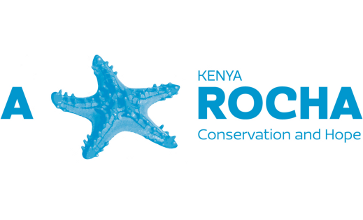Programmes Update – Spring 2020
How have corona restrictions in Kenya affected our scientific and conservation work? How are staff coping with new working conditions? What is our plan in the coming weeks? Read on to find answers to all these questions!
End of March, the Kenyan government took a number of measures to prevent the spread of the virus in the country: all schools were closed, large meetings banned, international flights cancelled, and non-essential travel highly discouraged. A few weeks later, a curfew was introduced and county borders tightened.
These measures have of course had a significant impact on the already fragile communities on the coastal region. The collapse of tourism industry has had wide-ranging repercussions on the community, with many losing their jobs and small initiatives going out of business. Locals are now struggling to make ends meet on a daily basis, with no perspective of things returning to normal any time soon.
To respond to some of these challenges, we are working on a Rapid Response Scheme in partnership with Local Ocean Conservation and the University of St Andrews, which will provide 600 households with financial support and employ 16 marine scouts to collect data and monitor illegal activities in the Marine Park. This will hopefully also help alleviate the pressure on local ecosystems, which are otherwise what people turn to when in need of hard cash.
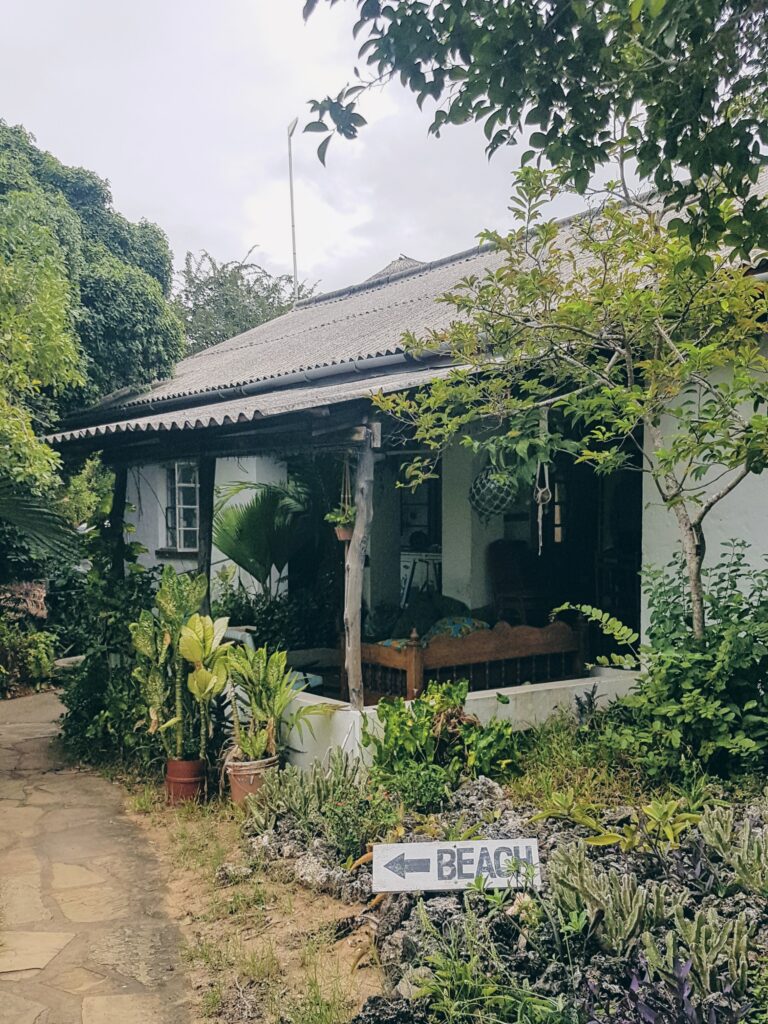
A very quiet Mwamba… The tourism industry has collapsed in the area, causing many to loose their jobs.
How have our programmes adapted to these new circumstances?
On the scientific front, we are still carrying out a number of our regular field activities. Eric, our marine researcher, has been out at sea conducting surveys on the extent of coral bleaching in Watamu National Marine Park, with the help of two volunteers. This project is still ongoing, but they have already observed catastrophic bleaching of corals, anemones, clams and hydroids due to high water temperatures. More details will follow!
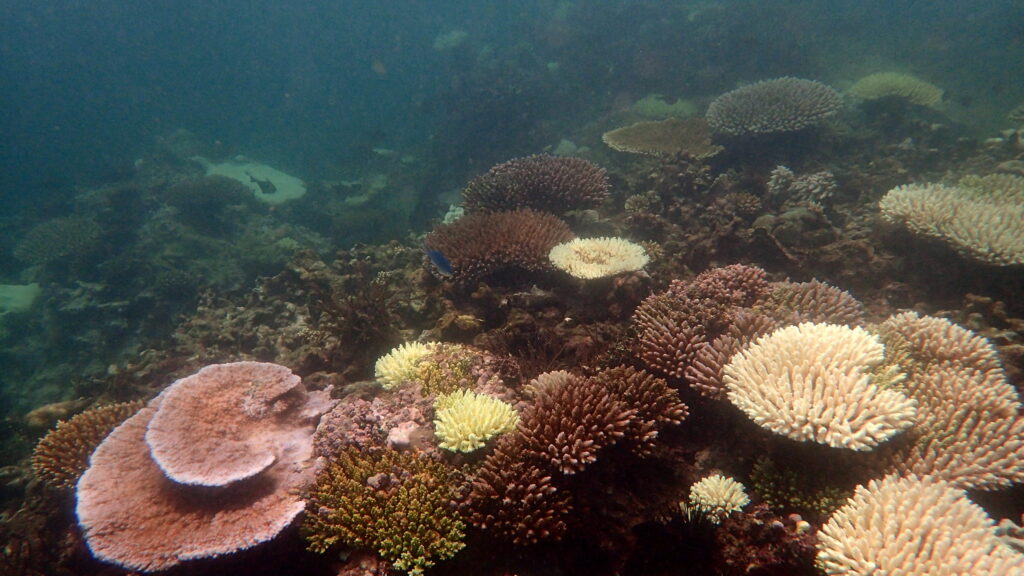
Severe coral bleaching occurring in Watamu Marine Park
Meanwhile on mainland, Kirao, our research scientist has been patrolling Arabuko-Sokoke Forest regularly with David Ngala to monitor illegal activities. This is particularly important at the moment, to find out whether illegal activities increase with the economic crisis in the region. We are also still conducting our monthly waterbird counts, where thankfully the only social distancing to maintain is with flocks of waders and hippos in the river ;).
Beyond fieldwork, the Science team is making the most of this quieter time to clear backlogs of data entry, organize datasets and information infrastructure, and work on data analysis.
Our community conservation activities have been more strongly impacted by current circumstances, given they inherently involve interaction with people. Environmental education is on hold while schools are closed, though we will need to think of new, creative formats to leverage people’s attention online if schools remain closed for a significant period. In Dakatcha, the Creation Care work in churches and Farming God’s Way programme were both stopped for over a month, in order to limit movements between Watamu and Dakatcha, as well as interactions with communities. Patrick, who leads our FGW programme, is trying support farmers by phone, yet often struggles to reach them, which has made it difficult to maintain relationships. We were, however, encouraged to hear that two farmers’ fields are looking very good – great to see the fruits (literally) of our teaching!
In Dakatcha still, Stanley has also been moving forward with land purchase negotiations with farmers, and has secured a further 48 acres towards our Dakatcha Nature Reserve.
We are also using this time of low season to fix our Mida Creek Boardwalk and Bird Hide, which was desperately needed.
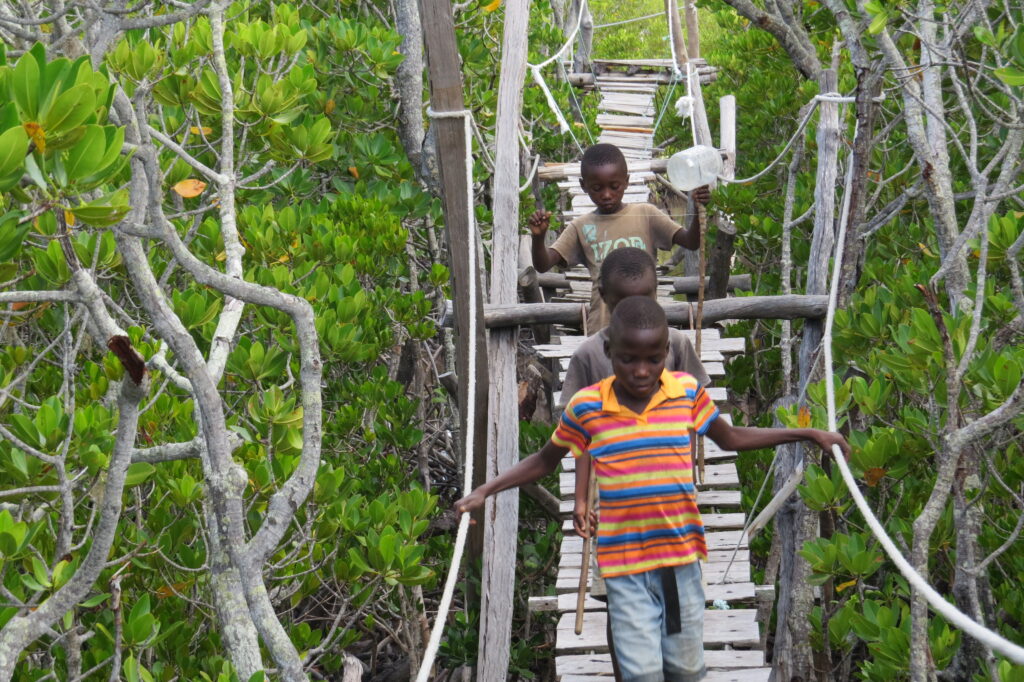
The Mida Creek Boardwalk, currently under reparation
How are our staff adjusting to new working conditions?
Our staff have discovered the joys and hardships of working from home, which, especially here, can be quite the challenge! There are those who wrestle with loneliness, while others struggle with finding a quiet space in a small house with young kids running around (is there such a thing as “too much family time?”). Many have resorted to working late into the night as a solution… far from ideal! Unfortunately, houses are often not set up with an equipped working station – internet is limited, and there is little space to be away from distractions. But we have a great team who is dedicated to making it work, despite all these challenges!
We’ve unfortunately had to put our Mwamba staff on unpaid leave since the centre is closed, but we provide them with a small monthly stipend to buy essentials. Some of them have taken up farming or honey-making as alternative livelihoods.
Looking ahead
We are about to slowly re-start some community conservation activities in Dakatcha, while ensuring we follow the restrictions in place. As of next week, George will resume some Creation Care activities, while Patrick meets with farmers – keeping group sizes small and taking hygiene precautions. This support comes at a critical time for farmers as the rainy season is here in full form! We are also looking into doing some maintenance work in Mwamba, making the most of the centre being empty (and keeping it from becoming a complete jungle in this time of rains!).
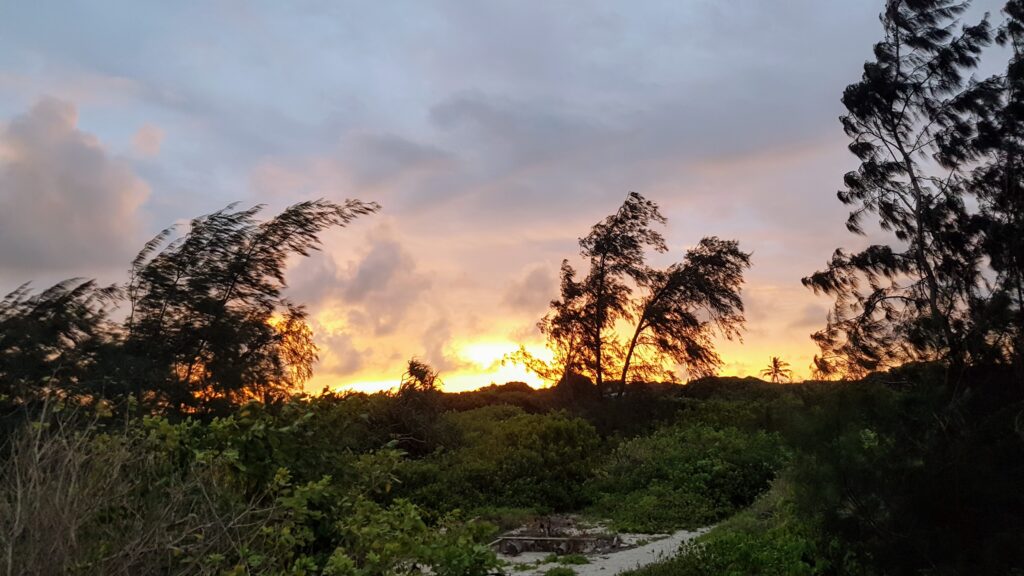
Clouds rolling in above Mwamba before the rains…
We are grateful for your prayers and support in this unusual time. Above and through it all, we trust in our unchanging and all-powerful God, who is with us and will see us through this.
Our last Bible study looked at Psalm 27, where David inspires to focus our minds on what is essential:
I have asked the LORD for one thing;
one thing only do I want:
to live in the LORD’s house all my life,
to marvel there at his goodness,
and to ask for his guidance.
The Psalm also ends with a great encouragement:
I know that I will live to see
the LORD’s goodness in this present life.
Trust in the LORD.
Have faith, do not despair.
Trust in the LORD.
